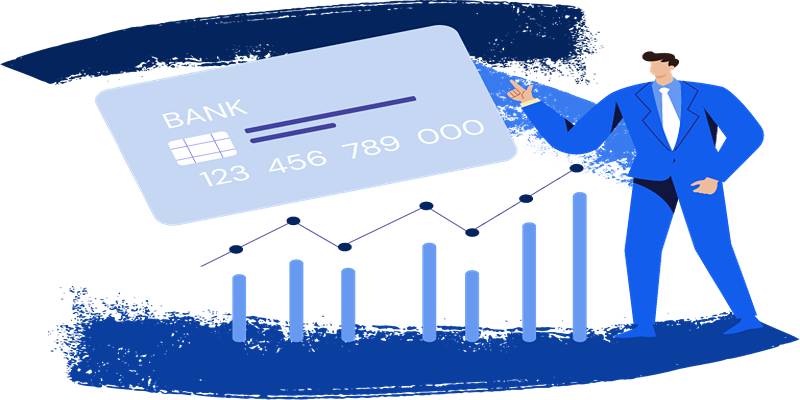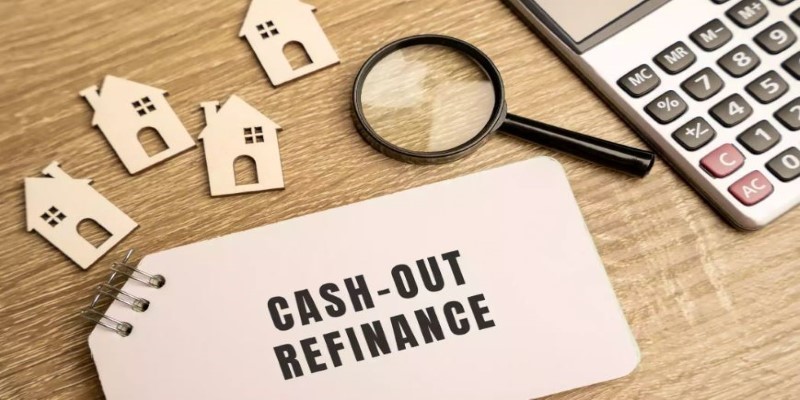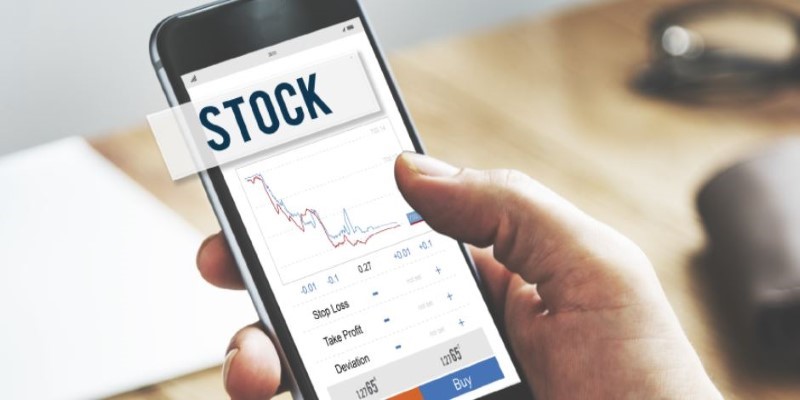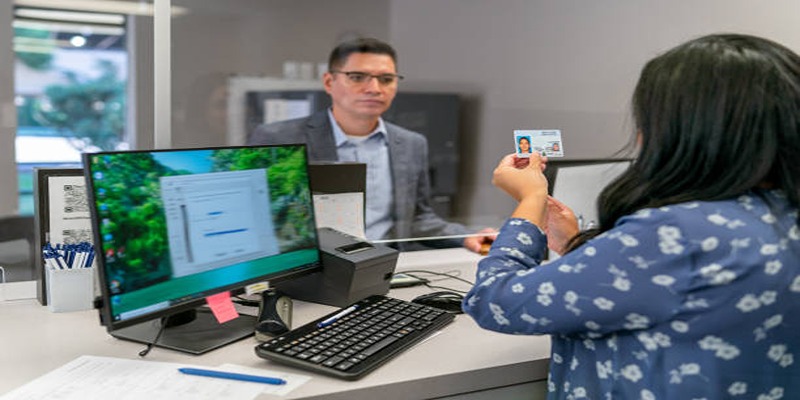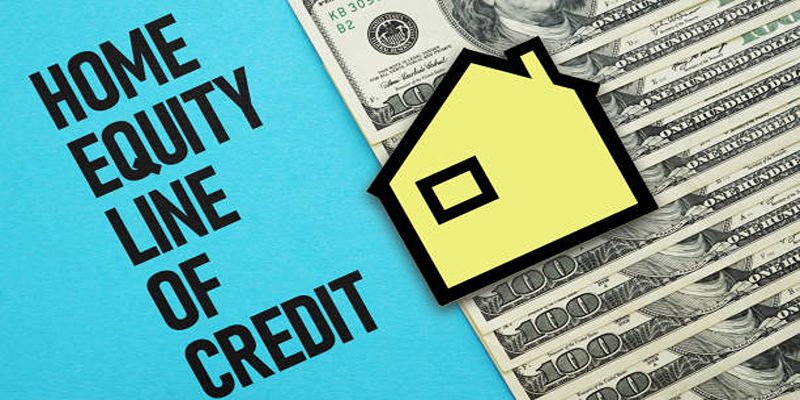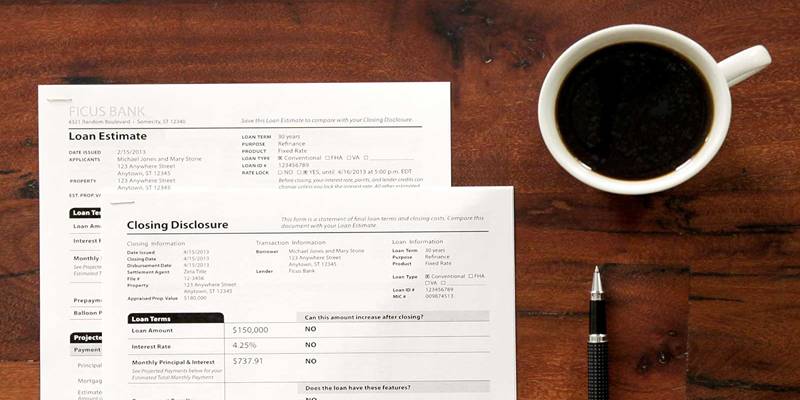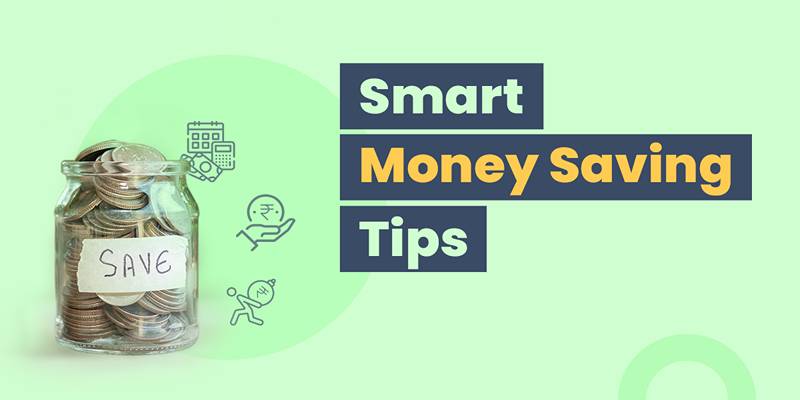Paying to access your own money feels frustrating—and unnecessary. Yet ATM fees can quickly add up if you're not careful, draining your account a few dollars at a time. Whether it's a surcharge from the ATM owner or a fee from your own bank for using an out-of-network machine, these small changes can make a surprising dent in your budget over time.
Fortunately, avoiding ATM fees is easier than you might think. With a few smart strategies and a little planning, you can keep more of your hard-earned money where it belongs—in your pocket. Here's how to minimize or eliminate ATM fees for good.
1. Stick to Your Bank's ATM Network
The most reliable way to avoid ATM fees is by using your own bank's ATMs whenever possible. Banks generally do not charge account holders to withdraw cash from their own branded machines.
Many banks provide online locators or mobile app maps showing nearby surcharge-free ATMs. Before you travel or move around your city, it's worth checking where your nearest ATMs are to avoid unexpected fees.
If your bank has a limited ATM presence, consider switching to a bank or credit union with a larger ATM network or more convenient access points.
2. Choose a Bank That Reimburses ATM Fees

Some banks and credit unions understand the pain of ATM fees and offer reimbursements as a customer perk. This benefit often comes with premium checking accounts or special rewards programs.
Banks like Charles Schwab Bank, Alliant Credit Union, and certain online banks automatically refund ATM fees at the end of each billing cycle, no matter where you withdraw cash.
When choosing a bank, ask about ATM fee reimbursements or look for accounts that promise nationwide or global fee waivers.
3. Get Cash Back at the Register
Another clever way to access cash without fees is by asking for cash back when making a purchase with your debit card. Grocery stores, pharmacies, and big box retailers like Walmart often allow customers to request cash back during a transaction—essentially letting you withdraw money for free.
While there's usually a limit (often between $20 and $100), it's a convenient and fee-free alternative when you're not near your own bank's ATM.
4. Plan Your Withdrawals in Advance
Spontaneous cash needs can lead to expensive out-of-network ATM visits. To avoid this, plan ahead. If you know you'll need cash for the weekend or a trip, withdraw what you need during your bank's business hours or at your bank's ATM beforehand.
It's also a good idea to keep a small emergency stash of cash at home (secured safely) to avoid panic withdrawals at costly locations.
5. Use Partnered ATM Networks
Many smaller banks and credit unions participate in ATM networks like Allpoint, MoneyPass, or Co-op. These networks give customers access to thousands of surcharge-free ATMs nationwide.
Before opening an account, check if your bank partners with one of these networks. If they do, download the associated network's app to easily find free ATMs wherever you are.
6. Watch Out for Double Fees
When you use an out-of-network ATM, you may be charged two separate fees: one by the ATM owner and another by your own bank.
This double charge can make withdrawing even a small amount of cash extremely expensive.
Always pay attention to on-screen fee disclosures at ATMs—you can cancel the transaction without penalty if you see a hefty surcharge coming your way.
If you absolutely must use an out-of-network ATM, try to minimize the impact by withdrawing a larger amount once instead of making multiple small transactions.
7. Limit International ATM Fees
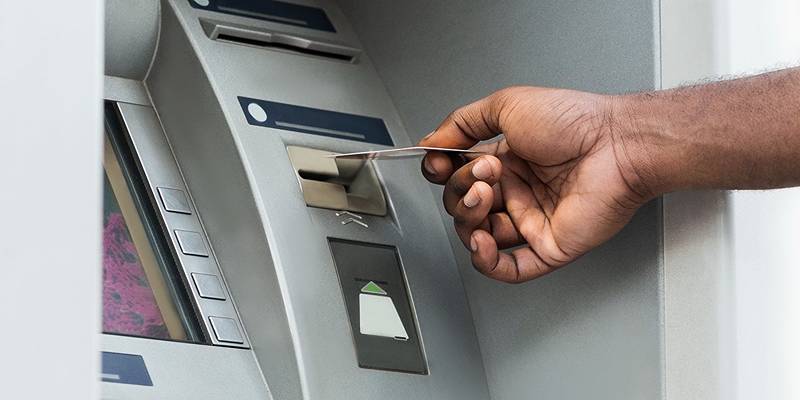
Traveling abroad can make ATM fees even more painful. On top of local bank fees, you might face foreign transaction fees and currency conversion charges.
Here's how to minimize costs when traveling:
- Use a bank that offers global fee reimbursements.
- Withdraw larger amounts less frequently.
- Opt for ATMs inside major banks rather than standalone ones, which tend to charge higher fees.
- Always choose to be charged in local currency rather than U.S. dollars to avoid dynamic currency conversion markups.
Research your destination and your bank's international ATM policies before you go.
8. Explore Digital Payment Options
In today's increasingly cashless economy, you might be able to avoid needing cash altogether.
Apps like Venmo, Cash App, PayPal, Apple Pay, and Google Pay allow you to send money, split bills, and pay for purchases without ever needing physical cash.
Many businesses—even small ones—now accept digital wallets.
By embracing mobile payment solutions, you can minimize trips to the ATM and dodge fees entirely.
9. Monitor Account Requirements
Some banks offer free ATM access but attach strings like maintaining a minimum balance, setting up direct deposit, or making a certain number of monthly transactions.
Failing to meet these conditions could mean losing your ATM fee waivers—and paying unexpected charges.
Always review the terms and conditions of your account. Setting up simple alerts or reminders can help you stay compliant and avoid fees.
10. Stay Informed and Proactive
Banks occasionally update their ATM policies, fees, and reimbursement offers.
Make it a habit to check your bank's latest updates once every few months. Signing up for account notifications can also keep you informed of changes that could affect how you access your cash.
Proactively managing your banking relationship ensures you won't be caught off guard by sudden fee increases.
Conclusion
ATM fees are an unnecessary expense that can quietly drain your money over time. By sticking to your bank's network, using cash-back opportunities, switching to fee-reimbursing banks, and embracing digital payments, you can easily sidestep these costly fees.
Smart banking habits aren't just about saving pennies—they're about maximizing every dollar you earn.
With a little planning and awareness, you can stop paying ATM fees for good and keep more of your money where it belongs: with you.



